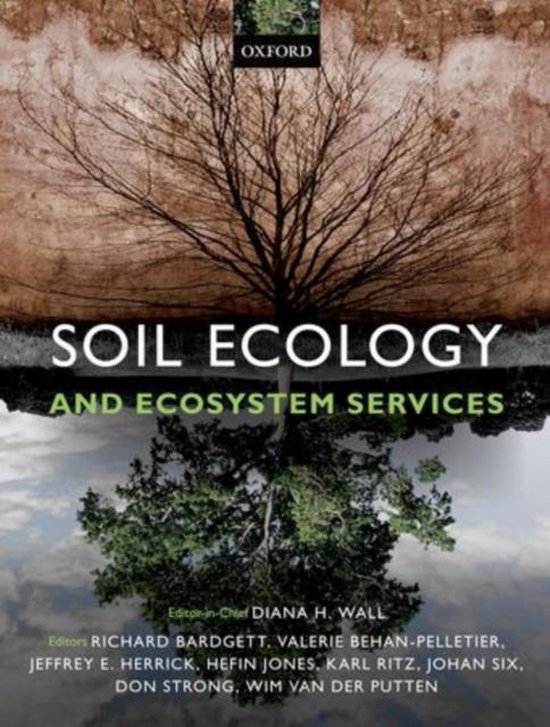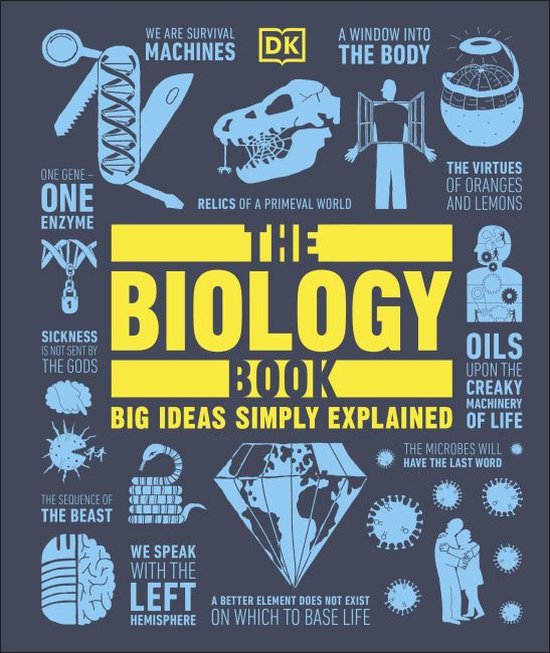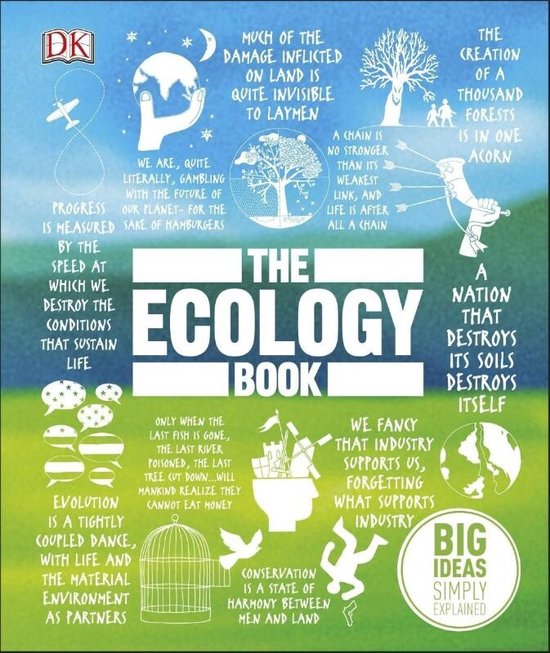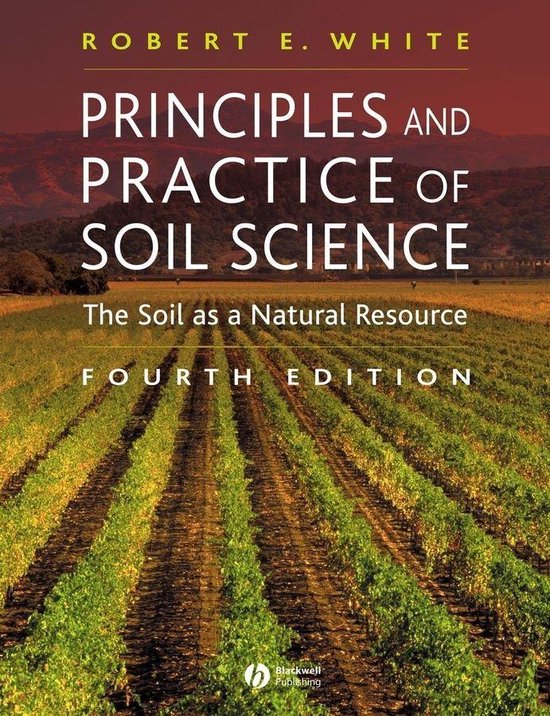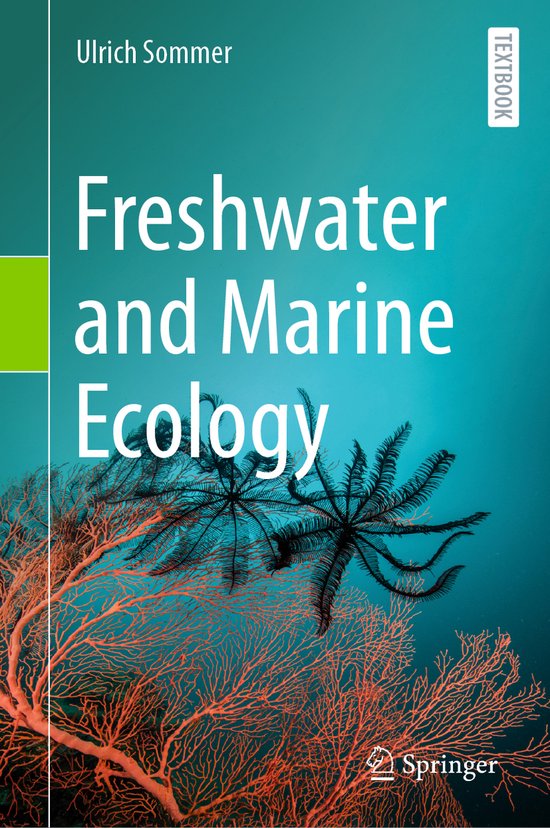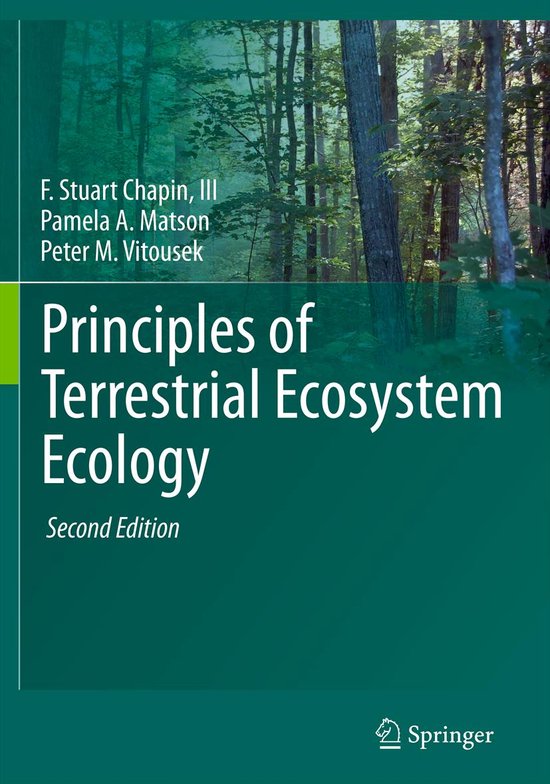
Principles of Terrestrial Ecosystem Ecology
Humans have directly modified half of the ice-free terrestrial surface and use 40% of terrestrial production. We are causing the sixth major extinction event in the history of life on Earth. With the Earth’s climate, flora, and fauna changing rapidly, there is a pressing need to understand terrestrial ecosystem processes and their sensitivity to environmental and biotic changes. This book offers a framework to do just that.
Ecosystem ecology regards living organisms, including people, and the elements of their environment as components of a single integrated system. The comprehensive coverage in this textbook examines the central processes at work in terrestrial ecosystems, including their freshwater components. It traces the flow of energy, water, carbon, and nutrients from their abiotic origins to their cycles through plants, animals, and decomposer organisms. As well as detailing the processes themselves, the book goes further to integrate them at various scalesof magnitude—those of the ecosystem, the wider landscape and the globe. It synthesizes recent advances in ecology with established and emerging ecosystem theory to offer a wide-ranging survey of ecosystem patterns and processes in our terrestrial environment.
Featuring review questions at the end of each chapter, suggestions for further reading, and a glossary of ecological terms, Principles of Terrestrial Ecosystem Ecology is a vitally relevant text suitable for study in all courses in ecosystem ecology. Resource managers and researchers in many fields will welcome its thorough presentation of ecosystem essentials.
Ecosystem ecology regards living organisms, including people, and the elements of their environment as components of a single integrated system. The comprehensive coverage in this textbook examines the central processes at work in terrestrial ecosystems, including their freshwater components. It traces the flow of energy, water, carbon, and nutrients from their abiotic origins to their cycles through plants, animals, and decomposer organisms. As well as detailing the processes themselves, the book goes further to integrate them at various scales of magnitude—those of the ecosystem, the wider landscape and the globe. It synthesizes recent advances in ecology with established and emerging ecosystem theory to offer a wide-ranging survey of ecosystem patterns and processes in our terrestrial environment.
Featuring review questions at the end of each chapter, suggestions for further reading, and a glossary of ecological terms, Principles of Terrestrial Ecosystem Ecology is a vitally relevant text suitable for study in all courses in ecosystem ecology. Resource managers and researchers in many fields will welcome its thorough presentation of ecosystem essentials.
| Auteur | | F Stuart Chapin Iii |
| Taal | | Engels |
| Type | | Paperback |
| Categorie | | Wetenschap & Natuur |
